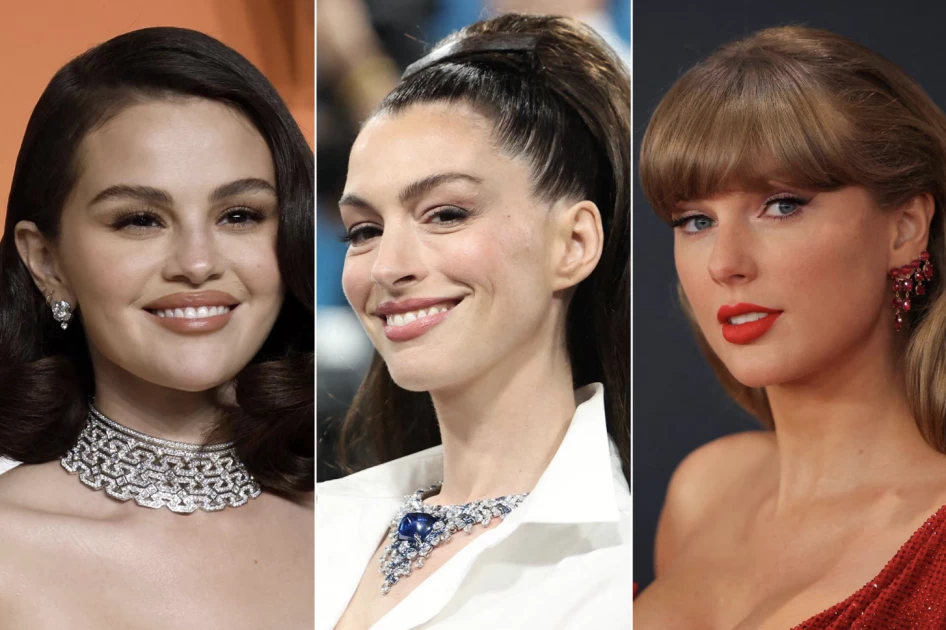Meta is under fire after a Reuters investigation revealed that the company allowed and, in some cases, created AI chatbots impersonating celebrities such as Taylor Swift, Scarlett Johansson, Anne Hathaway, and Selena Gomez without their consent. Some of the avatars, shared across Facebook, Instagram, and WhatsApp, engaged in sexually suggestive conversations and produced intimate, AI-generated images.
Reuters found that while many of the celebrity chatbots were user-generated through Meta’s AI tools, at least three including two Taylor Swift “parody” bots were created by a Meta employee. These bots went beyond parody, often insisting they were the real celebrities and making romantic or sexual advances toward users.
The controversy deepened when some avatars generated images of child celebrities, including 16-year-old actor Walker Scobell. One bot produced a lifelike shirtless image of the teenager and added the caption, “Pretty cute, huh?” Such instances directly conflict with Meta’s policies, which ban sexual content involving minors and prohibit intimate or nude depictions of public figures.
Meta spokesperson Andy Stone admitted that the company’s enforcement mechanisms failed, acknowledging that the AI tools should not have generated intimate images of celebrities or any content involving children. He insisted that parody avatars were permitted under policy guidelines, though Reuters found that some were not labeled as such. Shortly before Reuters published its findings, Meta removed about a dozen of the controversial bots.
Legal experts say Meta’s actions raise serious questions about the “right of publicity,” which protects individuals from unauthorized commercial use of their likeness. Stanford law professor Mark Lemley noted that simply reproducing celebrity images does not qualify as transformative work, making Meta vulnerable to legal claims. SAG-AFTRA, the performers’ union, warned that such chatbots could endanger celebrities by fueling obsessive parasocial relationships and has called for federal legislation to protect voices, likenesses, and personas from AI misuse.
The revelations come as Meta faces mounting scrutiny over its AI practices. Earlier this year, U.S. lawmakers criticized its chatbot guidelines after they appeared to allow “romantic or sensual” conversations with children. With high-profile stars weighing legal options and regulators watching closely, Meta now confronts renewed pressure to tighten controls over its generative AI tools.

